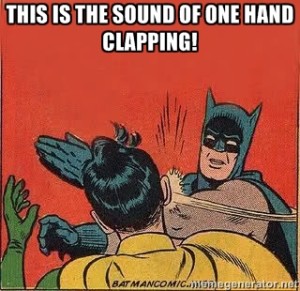Insurance coverage, and the power of what is not said.
March 23, 2016 Lalo sued for injuries he suffered while riding in an 18-wheeler driven by Estrada. Castle Point Insurance sought a declaration about its coverage obligations. The Fifth Circuit, applying Texas’s “eight corners rule,” found that the district court erred in applying a “work-related injuries” exclusion to Lalo because his “state-court complaint contains no allegation that Lalo was an employee of [the trucking company]; nor does it contain sufficient factual allegations to classify Lalo as an employee.” As to Estrada — again, not specifically alleged to be an employee — the insurer had a duty to defend (and potentially, to indemnify) because the evidence might establish him to be an employee. (This is Lalo’s Petition — notably, while he never directly claims to be an employee, he does allege the defendants’ “[f]ailure to furnish Plaintiff with a safe place to work” and their hiring of “[n]egligent co-workers like Defendant ESTRADA — vividly illustrating the importance of the specific words used in pleading allegations that bear on insurance coverage.) Castle Point Nat’l Ins. Co. v. Lalo, No. 15-10224 (March 17, 2016, unpublished).
Lalo sued for injuries he suffered while riding in an 18-wheeler driven by Estrada. Castle Point Insurance sought a declaration about its coverage obligations. The Fifth Circuit, applying Texas’s “eight corners rule,” found that the district court erred in applying a “work-related injuries” exclusion to Lalo because his “state-court complaint contains no allegation that Lalo was an employee of [the trucking company]; nor does it contain sufficient factual allegations to classify Lalo as an employee.” As to Estrada — again, not specifically alleged to be an employee — the insurer had a duty to defend (and potentially, to indemnify) because the evidence might establish him to be an employee. (This is Lalo’s Petition — notably, while he never directly claims to be an employee, he does allege the defendants’ “[f]ailure to furnish Plaintiff with a safe place to work” and their hiring of “[n]egligent co-workers like Defendant ESTRADA — vividly illustrating the importance of the specific words used in pleading allegations that bear on insurance coverage.) Castle Point Nat’l Ins. Co. v. Lalo, No. 15-10224 (March 17, 2016, unpublished).